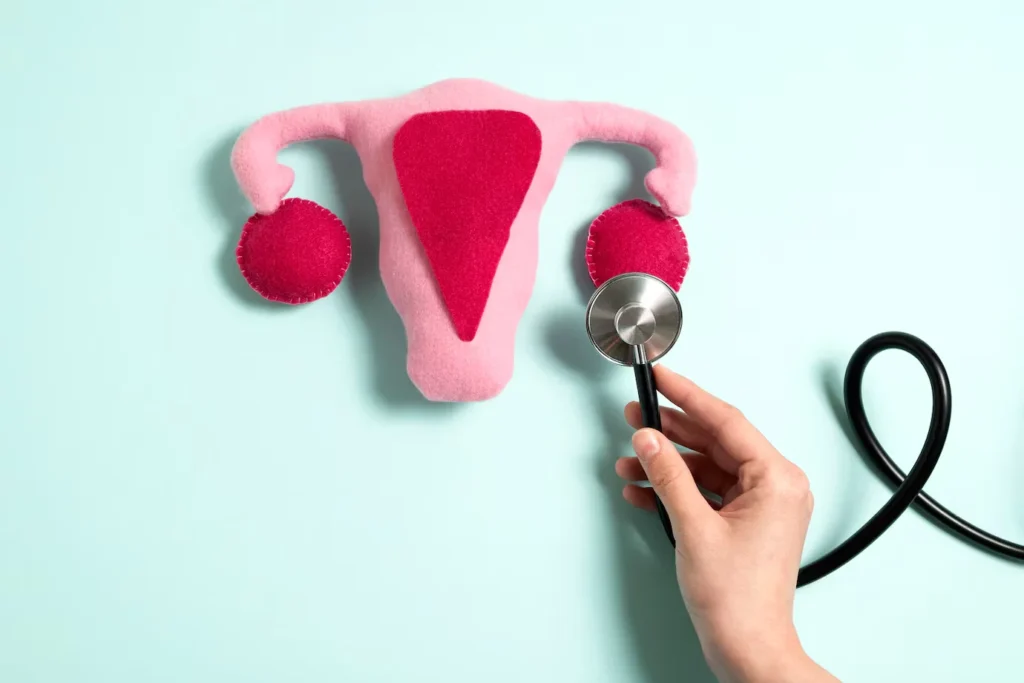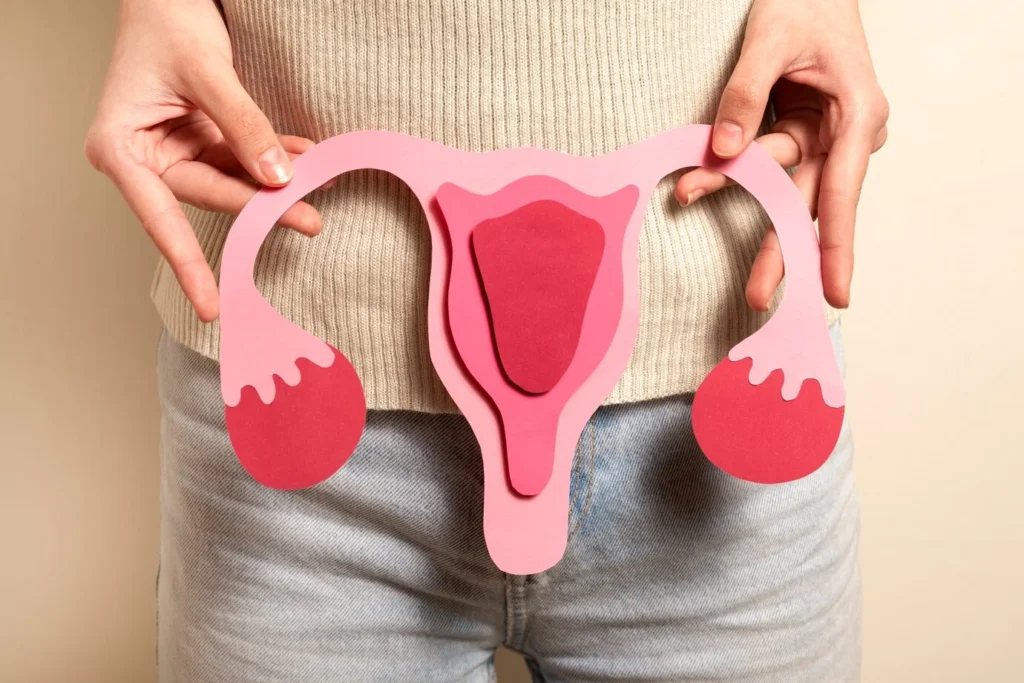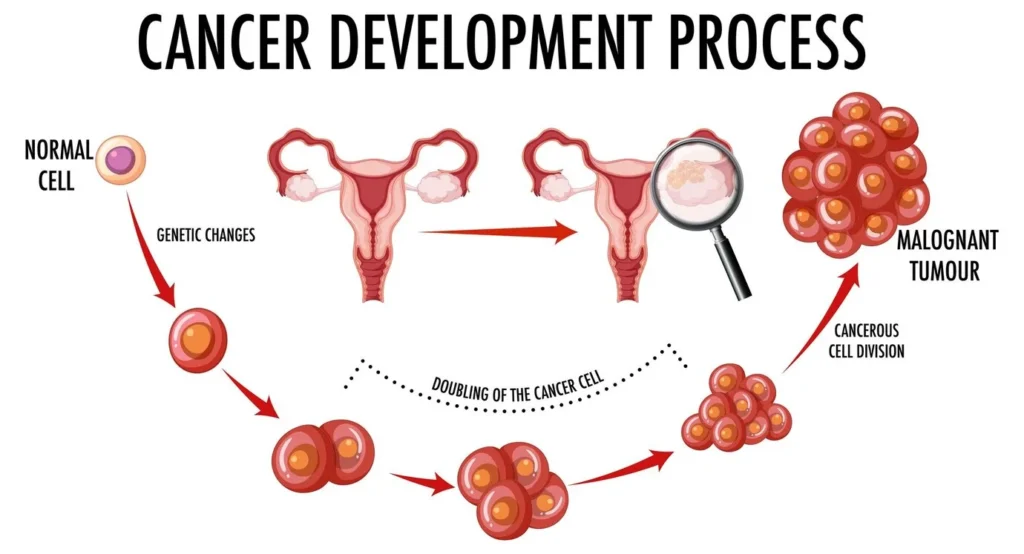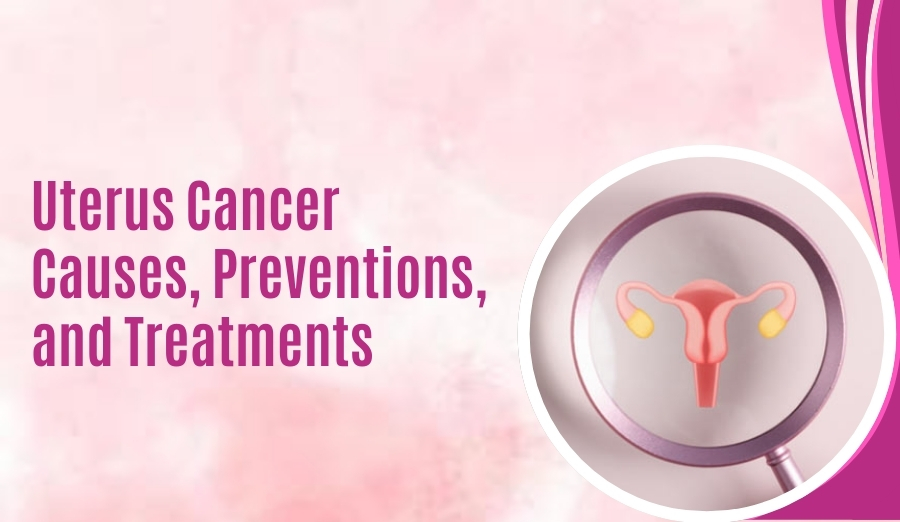-
Ganesh Talkies, Kolkata
Ganesh Talkies, Kolkata

Admins
07.03.2025
Preparing for Hysteroscopic Polypectomy properly ensures a smooth procedure and faster recovery. Follow these essential do’s and don’ts for the best experience. Hysteroscopic polypectomy is a minimally invasive procedure used to remove uterine polyps, which are small, non-cancerous growths in the uterus. These polyps can cause irregular menstrual bleeding, discomfort, and fertility issues. While the procedure itself is quick and safe, preparing for hysteroscopic polypectomy plays a crucial role in ensuring the best possible results. Understanding Hysteroscopic PolypectomyWhat Is Hysteroscopic Polypectomy?Why Is It Done?Do’s Before Hysteroscopic Polypectomy1. Follow Your Doctor’s Pre-Surgery Guidelines2. Maintain a Balanced Diet3. Follow Fasting Instructions4. Arrange for Transportation and Support5. Wear Comfortable ClothingDon’ts Before Hysteroscopic Polypectomy1. Avoid Vaginal Products and Intercourse2. Do Not Smoke or Consume Alcohol3. Avoid Self-Medicating4. Do Not Ignore SymptomsWhat to Expect on the Day of SurgeryPost-Surgery Recovery and CareDo’s for a Smooth RecoveryDon’ts for Post-Surgery CareFAQs About Preparing for Hysteroscopic Polypectomy1. How should I prepare for hysteroscopic polypectomy at home?2. Can I eat before the procedure?3. Is hysteroscopic polypectomy a major surgery?4. Will I need time off work after the surgery?5. What should I do if I experience heavy bleeding after surgery?Smooth Recovery Starts with Proper Hysteroscopic Polypectomy Preparation Proper preparation helps: Reduce potential risks and complications Make the procedure smoother and stress-free Enhance post-surgery recovery and comfort If you're scheduled for this procedure, you may have many questions, such as: What should I do before surgery? Are there any food or medication restrictions? How can I prepare for a smooth recovery? In this guide, we’ll cover the essential do’s and don’ts of preparing for hysteroscopic polypectomy, ensuring that you are well informed and confident before your procedure. Understanding Hysteroscopic Polypectomy What Is Hysteroscopic Polypectomy? Hysteroscopic polypectomy is a surgical procedure performed using a hysteroscope—a thin, lighted tube inserted into the uterus through the vagina. This allows the doctor to remove polyps without making any external incisions. Why Is It Done? This procedure is recommended to: Treat irregular or heavy menstrual bleeding Improve fertility outcomes in women trying to conceive Address pelvic pain or discomfort caused by polyps Rule out any abnormal growths in the uterus Since it is a minimally invasive procedure, recovery is usually quick, and most women return home the same day. However, preparing for hysteroscopic polypectomy correctly can make a significant difference in your overall experience. Do’s Before Hysteroscopic Polypectomy 1. Follow Your Doctor’s Pre-Surgery Guidelines Your gynecologist...

Admins
04.03.2025
Recovering after laparoscopic hysterectomy? The right diet plays a crucial role in healing. Learn the best foods to eat and what to avoid for a smoother recovery. Laparoscopic hysterectomy is a minimally invasive procedure that helps women dealing with various gynecological conditions, such as fibroids, endometriosis, or chronic pelvic pain. Compared to traditional open surgery, it offers faster recovery, reduced pain, and minimal scarring. However, proper post-operative care is crucial for optimal healing, and diet plays a key role in this process. After undergoing this procedure, many women experience temporary digestive issues, bloating, constipation, or fatigue due to anesthesia, reduced mobility, and the body's response to surgery. Eating the right foods can promote faster healing, reduce inflammation, boost immunity, and improve digestion. On the other hand, consuming the wrong foods can lead to discomfort, delayed healing, and increased post-surgical complications. Why Diet Matters After Laparoscopic HysterectomyBest Foods to Eat After Laparoscopic Hysterectomy1. High-Fiber Foods for Digestive Health2. Protein-Rich Foods for Faster Healing3. Anti-Inflammatory Foods for Recovery4. Hydrating Fluids for Faster HealingFoods to Avoid After Laparoscopic Hysterectomy1. Processed and Junk Foods2. Gas-Producing Foods3. High-Sodium FoodsFAQs About Diet After Laparoscopic Hysterectomy1. How soon can I eat solid food after laparoscopic hysterectomy?2. Can I drink milk after laparoscopic hysterectomy?3. Is fruit juice good for recovery?4. How can I prevent constipation after surgery?5. When can I resume my normal diet?Support Your Recovery: Eat Right, Heal Better In this guide, we will explore the best foods to eat and what to avoid after laparoscopic hysterectomy, along with expert nutritional tips, FAQs, and advice from a reputed gynecologist. Why Diet Matters After Laparoscopic Hysterectomy Post-surgery, your body needs extra nutrients to repair tissues, reduce swelling, and restore energy levels. The right foods can: ✔ Promote healing by providing essential vitamins, minerals, and antioxidants✔ Reduce inflammation and prevent post-operative complications✔ Support digestion and prevent common issues like bloating and constipation✔ Boost immunity to reduce the risk of infections✔ Improve overall well-being and restore strength faster Since your body undergoes a significant transition after laparoscopic hysterectomy, making smart food choices can make a big difference in how well and quickly you recover. Best Foods to Eat After Laparoscopic Hysterectomy 1. High-Fiber Foods for Digestive Health Post-surgery, many women experience constipation due to anesthesia, pain medications, or reduced physical activity. Including fiber-rich foods in your diet can regulate digestion, prevent bloating, and promote gut health. ✅ Include: Whole grains...

Admins
28.02.2025
Understanding the stages of uterine cancer is crucial for early diagnosis and treatment. Learn about symptoms, progression, and available treatment options. Uterine cancer is one of the most common gynecological cancers, affecting thousands of women every year. While it primarily occurs in postmenopausal women, it can also affect younger individuals. The cancer starts in the endometrium, the inner lining of the uterus, and progresses through different stages. Understanding the stages of uterine cancer is vital for early detection, treatment, and improving survival rates. Doctors categorize uterine cancer based on how far it has spread, which determines the best course of action for treatment. The earlier it is detected, the higher the chances of successful treatment. How Uterine Cancer is StagedThe TNM System Includes:Stage 0 – Precancerous Changes (Carcinoma in Situ)Symptoms:Treatment Options:Stage I – Cancer Confined to the UterusSubstages:Symptoms:Treatment Options:Stage II – Cancer Spreads to the CervixSymptoms:Treatment Options:Stage III – Cancer Extends Beyond the UterusSubstages:Symptoms:Treatment Options:Stage IV – Advanced Uterine Cancer (Metastatic Stage)Substages:Symptoms:Treatment Options:Importance of Early DetectionKey Diagnostic Tests:Can Uterine Cancer Be Prevented?Prevention Tips:FAQs About Stages of Uterine Cancer1. Can uterine cancer return after treatment?2. What is the best treatment for early-stage uterine cancer?3. How fast does uterine cancer progress?Early Awareness Leads to Better Recovery This guide will help you understand the different stages, symptoms, diagnostic methods, and available treatment options. How Uterine Cancer is Staged Medical professionals use the FIGO (International Federation of Gynecology and Obstetrics) staging system and the TNM system to classify uterine cancer. The stages help doctors determine how much the cancer has spread and what treatment plan will be most effective. The TNM System Includes: T (Tumor): Describes the size of the tumor and whether it has spread within the uterus. N (Nodes): Indicates whether cancer has reached the lymph nodes. M (Metastasis): Identifies if cancer has spread to distant organs. Stage 0 – Precancerous Changes (Carcinoma in Situ) Stage 0 is the earliest phase, where abnormal cells are present in the endometrial lining but have not spread into deeper layers. It is considered a precancerous stage and can often be treated successfully before turning into invasive cancer. Symptoms: Often asymptomatic. Some women may experience irregular spotting or light bleeding. Treatment Options: Hormonal therapy with progesterone-based medications. Dilation and Curettage (D&C) to remove abnormal cells. Frequent monitoring with regular gynecological checkups. Stage I – Cancer Confined to the Uterus At this stage, cancer is located only...

Admin
27.02.2025
Hello Reader! Welcome to the blog page of Dr. Megha Khanna, one of the best lady gynaecologist in Kolkata. Uterus cancer, also known as endometrial cancer, is one of the most common gynecological cancers affecting women worldwide. It primarily originates in the lining of the uterus, called the endometrium. Early detection and proper medical intervention can significantly improve survival rates. As one of the best lady gynecologists in Kolkata, I, Dr. Megha Khanna, aim to provide detailed insights into the causes, prevention, and treatments for uterus cancer. What are the early symptoms of uterus cancer?Early Symptoms of Uterus CancerCauses of Uterus CancerPrevention of Uterus CancerTreatments for Uterus Cancer1. Surgery2. Radiation Therapy3. Chemotherapy4. Hormone Therapy5. Targeted Therapy & ImmunotherapyWhat role does obesity play in the development of uterine cancer?Mechanisms Linking Obesity to Uterus CancerImpact on Treatment and SurvivalAre there any genetic factors that increase the risk of uterus cancer?Lynch SyndromeFamily HistoryOther Genetic FactorsHow can lifestyle changes reduce the risk of uterus cancer?Lifestyle Changes to Reduce the Risk of Uterus Cancer1. Maintain a Healthy Weight2. Regular Exercise3. Healthy Diet4. Limit Alcohol Consumption5. Use of Oral Contraceptives6. Other Protective FactorsHow does hormone balance affect the risk of uterus cancer?Hormone Balance and Uterus Cancer RiskEstrogen's RoleProgesterone's Protective RoleImpact of Hormonal ImbalanceHormone Balance and Uterus Cancer RiskEstrogen's Role in Uterus Cancer RiskProgesterone's Protective RoleImpact of Hormonal ImbalanceWhen to See a Doctor?FAQ1. What are the main causes of uterus cancer?2. How can uterus cancer be prevented?3. What are the common symptoms of uterus cancer?4. What are the treatment options for uterus cancer?5. When should I see a doctor for uterus cancer concerns?Conclusion What are the early symptoms of uterus cancer? Early Symptoms of Uterus Cancer Uterus cancer, commonly referred to as endometrial cancer, often presents with distinct early symptoms. Recognizing these signs is crucial for early detection and effective treatment. As the best lady gynaecologist in Kolkata, I emphasize the importance of being aware of these symptoms: Unusual Vaginal Bleeding: This is the most common symptom, particularly after menopause. Other forms include bleeding between periods or heavier than usual periods. Vaginal Discharge Changes: Non-bloody discharge can also be a sign of endometrial cancer. Pelvic Pain: Pain in the lower abdomen or pelvis is another symptom, though it may occur more frequently in advanced stages. Changes in Urination or Bowel Habits: Frequent urination or changes in bowel habits can occur but are less common in early stages....